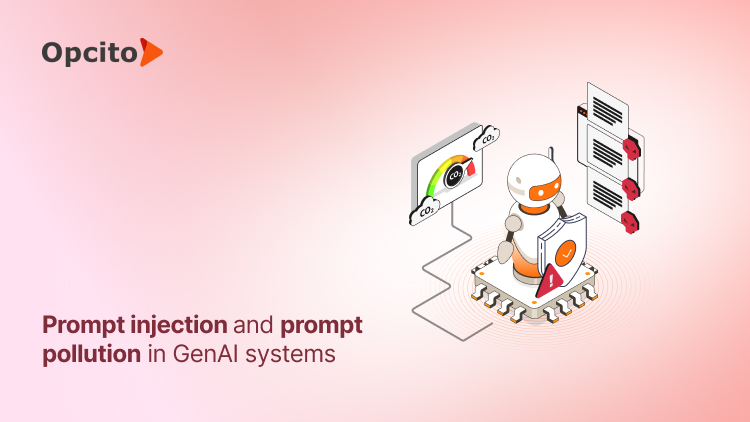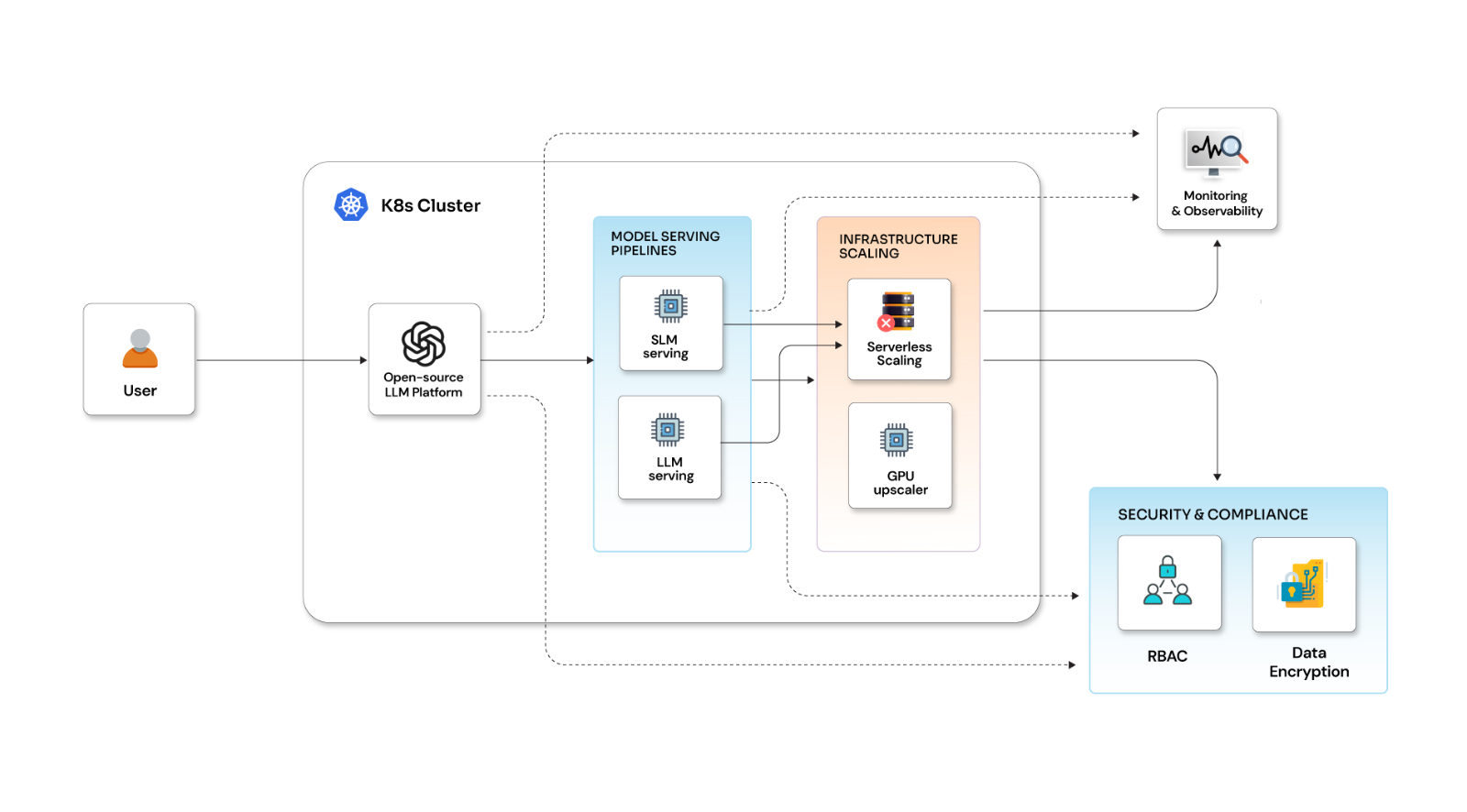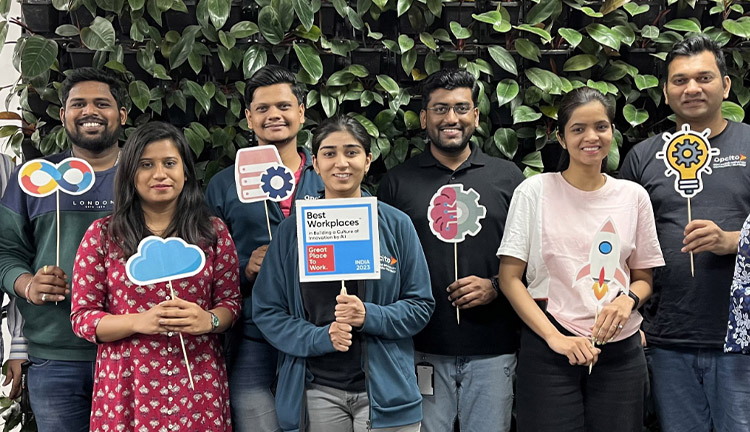What makes agentic AI the future of autonomous intelligence?

Posted By
Shreeraj Mhatre

What if Agentic AI could help you run your business more efficiently, reduce costs, and give you a competitive edge? The shift from traditional artificial intelligence (AI) and machine learning (ML) to generative AI has already reshaped numerous industries. Now, the third wave of AI, known as agentic AI, is here, promising unparalleled autonomy.
A recent Gartner study found 19% of organizations are heavily investing in Agentic AI, with 15% of daily work decisions expected to be autonomous by 2028. For business leaders, Agentic AI provides faster decision-making, streamlined operations, and a competitive edge, marking a new era of intelligent systems.
What is agentic AI?
Agentic AI refers to artificial intelligence systems that can act independently to achieve goals, much like a human agent or assistant would. Instead of simply responding to direct commands, these AI systems can plan, make decisions, and take actions independently to complete complex tasks.
Traditional AI and ML-powered tools, such as recommendation systems and fraud detection, solve specific problems with data-driven insights. Generative AI took it further, creating text, images, and even code, like chatbots that write emails or design graphics. However, these technologies often require human guidance to function effectively, and their overuse has made the terms "AI" and "ML" feel less exciting. Unlike traditional AI, which follows strict instructions for tasks such as analyzing sales data, or generative AI, which creates content based on prompts, Agentic AI thinks and acts independently. Agentic AI can set sub-goals, make strategic decisions, adapt to changing circumstances, and persist toward objectives even when encountering obstacles.
For example, traditional AI can predict customer demand, but Agentic AI could go a step further and decide how to restock inventory, negotiate with suppliers, and handle shipping delays. This AI autonomy is revolutionizing the game by providing intelligent systems that reduce costs, save time, and make businesses more agile and efficient.
How does agentic AI work?
Agentic AI uses a several-step process for problem-solving:
- Perceive: It gathers data from sources like sensors, databases, APIs, or user interactions. Using natural language processing (NLP), it identifies key patterns and insights, ensuring it has the correct information to act. For non-technical readers, think of this as the AI "scanning" its surroundings to understand what's happening.
- Reason: A large language model (LLM) serves as the brain, making sense of tasks and crafting solutions. It coordinates specialized tools for tasks such as generating content or analyzing images, utilizing techniques like retrieval-augmented generation (RAG) to retrieve relevant data. This means advanced algorithms that analyze context and plan actions effectively.
- Goal setting: Agentic AI interprets user input, contextual signals, and predefined objectives to set goals. By breaking down high-level goals into subgoals, it formulates a plan using methods like task planning, language-based reasoning, or reinforcement learning. The agent continuously monitors progress and adapts its actions to stay aligned with the desired outcomes.
- Decision-making: Agentic AI evaluates options and picks the best one based on efficiency, accuracy, and expected results. It relies on clever techniques like probabilistic models and ML to ensure AI decision-making is sharp and reliable.
- Act: Agentic AI connects with external systems through APIs, featuring built-in guardrails to ensure safety and compliance. For example, an Agentic AI customer service could handle insurance claims up to a specific limit and pass larger claims to a human for review, ensuring AI autonomy with accountability.
- Learn: Agentic AI continually reviews its actions and improves over time through reinforcement learning, utilizing a feedback loop or data flywheel. This makes it smarter with every task, promoting better decisions and streamlined operations.
Why is agentic AI gaining popularity and shaping the future?
Simply put, agentic AI is gaining traction because it is practical, independent, and intelligent. I've closely watched AI become better, stronger, faster, and more accurate, and now it has reached a point where agentic AI has become practical, independent, and more innovative. Here's my take on what we can expect soon.
- Autonomy: Traditional AI can't function without explicit instructions, and GenAI can't function without prompts. They both need constant human oversight. But that's not the case with agentic AI. Agentic AI pulls data from sources such as APIs, sensors, or databases using tools like NLP and acts without the need for constant human intervention. For example, it can predict demand, order supplies, and handle logistics to manage inventory perfectly.
- Advanced reasoning: Agentic AI is powerful enough to plan, evaluate options, and solve complex problems as it is backed by powerful LLMs and reinforced by techniques like retrieval-augmented generation (RAG) and reinforcement learning. It combines the flexibility of LLMs for natural language tasks with the precision of traditional programming for structured processes, making it a perfect fit for dynamic environments like finance, retail, or cybersecurity.
- Adaptability and proactivity: Agentic AI is highly adaptable. It not only responds to real-time changes but also anticipates needs. For example, in the healthcare sector, it can monitor a patient's data from wearable devices, suggest a suitable treatment, and alert the concerned clinicians if it detects risks.
- Versatility across industries: Agentic AI, although not widely used today, is poised to gain popularity and be adopted by various industries across the spectrum. In finance, it can streamline credit risk assessment processes, in retail, it can boost sales by offering personalized recommendations, and it can help human resources tailor onboarding programs. Agentic AI is turning out to be a practical solution for enterprises seeking tangible value from AI. Gartner estimates that by 2029, agentic AI will be advanced enough to resolve 80% of typical customer service problems independently, without requiring any human assistance.
Balancing agentic AI’s opportunities and challenges
Although agentic AI has enormous potential to enhance how businesses operate, it must be rolled out with care to ensure it is implemented correctly. For most people, it's all about trusting the AI to make fair and straightforward decisions, just as they would with a coworker. For the tech experts, it's about building ethical AI with solid guardrails to keep it accountable and safe. The genuine hurdle isn't just creating these systems, but ensuring their reasoning is reliable and usable. That's tough because AI must tackle complex problems without making errors, which demands advanced algorithms that think logically under pressure.
Opcito’s vision for agentic AI
Opcito has consistently been at the forefront of adopting the latest technologies and approaches. We're undoubtedly excited to dive into Agentic AI, as we see it as a game-changer for our business. Opcito's years of experience in AI, ML, data engineering, and GenAI applications have prepared us to tackle the agentic AI challenge, as it represents the next significant step in intelligent technology, and we're well-equipped for it. Reach out to us, chat with an AI expert, and see how we can bring this innovation to your business.
Related Blogs




















